Home>diy>Building & Construction>NYC DOB: When Is A Construction Superintendent Required


Building & Construction
NYC DOB: When Is A Construction Superintendent Required
Modified: March 6, 2024
Discover when a construction superintendent is necessary for building construction in NYC. Stay compliant with NYC DOB regulations and ensure a smooth construction process.
(Many of the links in this article redirect to a specific reviewed product. Your purchase of these products through affiliate links helps to generate commission for Storables.com, at no extra cost. Learn more)
Introduction
Welcome to the world of construction, where buildings rise from the ground and dreams become reality. The process of constructing a building is a complex and intricate one, requiring the expertise of various professionals to ensure the project’s success. One key player in this process is the construction superintendent. In this article, we will delve into the world of construction superintendents, exploring their role, responsibilities, and the circumstances in which they are required.
A construction superintendent is the individual responsible for overseeing the day-to-day operations of a construction site. They serve as the project manager, leading a team of workers and ensuring that the construction process adheres to safety regulations, quality standards, and timelines. From coordinating with subcontractors to ensuring the delivery of materials, a construction superintendent plays a vital role in bringing a construction project to completion.
So, why is hiring a construction superintendent so important? For one, their expertise helps to minimize risks and prevent costly mistakes. With their deep understanding of construction processes and building codes, they can identify potential issues early on and implement effective solutions. This not only saves time and money but also ensures that the finished building meets all necessary regulations and quality standards.
Another advantage of having a construction superintendent is that they provide strong leadership on the construction site. Construction projects involve coordination between different trades, including plumbers, electricians, carpenters, and more. The superintendent acts as the liaison between these trades, ensuring smooth communication and collaboration. Their ability to effectively manage workers and resolve conflicts contributes to a productive and harmonious work environment.
Now, you may be wondering when a construction superintendent is required on a project. In general, the requirement for a construction superintendent is determined by city or state regulations. For example, in New York City, the Department of Buildings (DOB) mandates the presence of a construction superintendent on certain types of projects.
In the next section, we will explore in more detail when a construction superintendent is required and the exceptions to this requirement. So, let’s dive in and uncover the circumstances that necessitate the presence of a construction superintendent.
Key Takeaways:
- Construction superintendents oversee building projects, ensuring safety, quality, and timely completion. Their expertise and leadership minimize risks and bring value to the construction process.
- Hiring a construction superintendent is crucial for compliance and project success. Failure to do so can lead to penalties, delays, and reputation damage. Their role is essential for smooth construction execution.
Read more: What Is A Construction Superintendent
Definition of a Construction Superintendent
A construction superintendent, also known as a construction manager, is an essential figure in the construction industry. They are responsible for overseeing the entire construction process, from planning and organizing to executing and completing a project. Their role involves managing resources, supervising workers, and ensuring that the construction project is carried out smoothly and efficiently.
Construction superintendents possess a deep understanding of construction methods, building codes, and safety regulations. They work closely with architects, engineers, subcontractors, and suppliers to ensure that the project is executed according to the specifications and requirements. They are often involved from the early stages of a project, participating in the pre-construction phase, where they help with budgeting, scheduling, and preparing the construction site.
One of the primary responsibilities of a construction superintendent is to monitor and supervise the work on the construction site. They ensure that all activities are carried out in accordance with safety standards and best practices. This includes overseeing the installation of structural elements, managing the use of machinery and equipment, and conducting regular inspections to identify and address any potential hazards or quality issues.
In addition to site supervision, construction superintendents are responsible for coordinating and communicating with various stakeholders involved in the project. They act as a bridge between the client, the design team, and the construction team, ensuring that everyone is on the same page and that the project runs smoothly. They facilitate meetings, provide progress reports, and address any concerns or conflicts that may arise during the construction process.
Furthermore, construction superintendents play a crucial role in managing the budget and scheduling of a project. They are responsible for accurately estimating costs, tracking expenses, and making adjustments as needed to ensure that the project stays within budget. They also create and maintain a construction schedule, identifying critical milestones and deadlines to keep the project on track.
Overall, a construction superintendent is an essential figure who brings together various aspects of a construction project. They combine technical knowledge, managerial skills, and leadership abilities to ensure that a construction project is completed successfully. Their expertise and attention to detail help to minimize risks, maintain quality standards, and deliver projects on time and within budget.
Role and Responsibilities of a Construction Superintendent
The role of a construction superintendent is multifaceted and demanding, requiring a diverse skill set to successfully manage a construction site. They serve as the central figure responsible for overseeing the project and ensuring its smooth execution from start to finish. Let’s explore the key roles and responsibilities of a construction superintendent in more detail:
- Supervising and coordinating: One of the primary responsibilities of a construction superintendent is to supervise and coordinate all activities on the construction site. They manage the work of subcontractors, tradespeople, and laborers, ensuring that tasks are carried out efficiently and in compliance with project plans and specifications.
- Ensuring safety and compliance: Safety is of utmost importance on a construction site, and it is the construction superintendent’s responsibility to enforce safety protocols and ensure that all workers adhere to them. They conduct regular inspections to identify hazards, implement safety measures, and maintain compliance with local, state, and federal regulations.
- Managing resources: Construction superintendents are responsible for managing and optimizing resources on the construction site. This includes coordinating the delivery of materials, equipment, and machinery, as well as monitoring their usage to minimize waste and ensure efficient operations.
- Quality control: Maintaining high-quality standards is essential in construction projects. Construction superintendents oversee the installation of materials, fixtures, and systems, ensuring that they meet the project’s specifications and comply with industry standards. They conduct regular inspections to identify and address any deficiencies in workmanship or materials.
- Communication and collaboration: Construction superintendents act as the main point of contact between the project stakeholders, including the client, architects, engineers, subcontractors, and suppliers. They facilitate effective communication, provide progress reports, and address any issues or concerns that may arise during the construction process.
- Schedule management: Construction projects have complex timelines, and meeting deadlines is crucial for successful project completion. Construction superintendents develop and maintain a construction schedule, ensuring that tasks are sequenced properly and that milestones and deadlines are met. They make adjustments to the schedule as needed and communicate any changes to the relevant parties.
- Problem-solving: Construction projects often encounter unexpected challenges and obstacles. Construction superintendents must be skilled at problem-solving, finding innovative solutions to overcome issues that arise during the construction process. They must think on their feet, assess risks, and make informed decisions to keep the project on track.
- Documentation and reporting: In addition to on-site responsibilities, construction superintendents are responsible for maintaining accurate documentation and records of the construction project. This includes progress reports, daily logs, change orders, and any other relevant documentation to ensure transparency, accountability, and legal compliance.
These are just a few of the key roles and responsibilities of a construction superintendent. Their expertise, leadership, and ability to manage complex tasks are essential for the successful execution of construction projects.
Benefits of Hiring a Construction Superintendent
Hiring a construction superintendent can bring numerous benefits to a construction project. Their expertise, experience, and leadership play a vital role in ensuring the success and smooth execution of the project. Let’s explore some of the key benefits of hiring a construction superintendent:
- Expertise and Technical Knowledge: Construction superintendents possess a deep understanding of construction methods, building codes, regulations, and industry best practices. Their expertise allows them to identify potential issues early on and implement effective solutions, minimizing risks and costly mistakes.
- Effective Project Management: A construction superintendent serves as the project manager, overseeing every aspect of the project. They create and maintain the construction schedule, coordinate with subcontractors and suppliers, and manage resources to ensure efficient operations. Their project management skills help streamline workflows and prevent delays.
- Quality Control and Compliance: Construction superintendents enforce quality control measures to ensure that the project meets the required standards. They conduct regular inspections, manage inspections by regulatory authorities, and address any deficiencies promptly. Their attention to detail and commitment to compliance help deliver a high-quality finished product.
- Enhanced Safety: Safety is a top priority in any construction project. Construction superintendents are responsible for implementing and enforcing safety protocols to protect workers and ensure a safe working environment. Their knowledge of safety regulations and industry practices helps prevent accidents and reduces the risk of injuries.
- Optimized Resource Management: Construction projects require careful management of resources, including materials, equipment, and labor. A construction superintendent effectively manages and coordinates the delivery of resources, minimizing waste and maximizing efficiency. This results in cost savings and ensures the smooth progress of the project.
- Effective Communication and Collaboration: Construction superintendents act as a central point of contact, facilitating communication and collaboration among project stakeholders. They effectively communicate project updates, address concerns, and resolve conflicts. Their effective communication skills foster a positive working environment and promote collaborative relationships.
- Timely Project Completion: Construction superintendents are skilled in managing construction schedules and meeting project deadlines. They identify critical milestones, manage changes, and make necessary adjustments to keep the project on track. Their focus on timely project completion ensures client satisfaction and helps avoid costly delays.
- Risk Mitigation: Construction projects inherently involve risks. Construction superintendents assess and mitigate risks by anticipating and addressing potential issues. Their proactive risk management approach helps avoid potential problems, saving time, money, and resources.
In summary, hiring a construction superintendent brings a range of benefits to a construction project. From their expertise and technical knowledge to their effective project management and commitment to safety and quality, construction superintendents play a critical role in ensuring the success of a construction project. Their presence adds value by optimizing resources, fostering effective communication, and mitigating risks, ultimately leading to a well-executed, high-quality finished project.
A Construction Superintendent is required for any construction project in NYC that involves major alterations, new buildings, or demolition. It is important to check the NYC DOB regulations to ensure compliance.
When is a Construction Superintendent Required?
The requirement for a construction superintendent varies depending on local regulations and the scope of the construction project. In many jurisdictions, including New York City, a construction superintendent is required on certain types of construction projects. Understanding when a construction superintendent is required is crucial to ensure compliance with regulations and to ensure the smooth and successful execution of a project.
In New York City, the Department of Buildings (DOB) mandates the presence of a construction superintendent on construction sites where specific conditions are met. These conditions include:
- Type of Construction: Construction superintendents are typically required on major construction projects, such as new buildings, alterations, or additions that meet certain thresholds defined by the local building codes. These thresholds are based on factors such as the size, complexity, and occupancy classification of the building.
- Occupancy Classification: The DOB outlines specific occupancy classifications that trigger the requirement for a construction superintendent. Buildings intended for high-occupancy uses, such as educational facilities, healthcare facilities, or residential buildings, often require the presence of a construction superintendent.
- Height and Size: Additionally, the height and size of a construction project can determine whether a construction superintendent is required. Tall buildings and larger-scale projects are more likely to require the oversight of a construction superintendent.
- Scope and Complexity: The complexity of a construction project, including factors such as structural changes, mechanical installations, or hazardous materials, may also trigger the requirement for a construction superintendent.
It is important to note that the specific requirements for a construction superintendent may vary depending on local building codes and regulations. Therefore, it is essential to consult with the local building department or regulatory authority to determine the exact circumstances under which a construction superintendent is required.
Despite the variations in requirements, the presence of a construction superintendent is generally mandated to ensure the safety, quality, and successful completion of a construction project. Construction superintendents bring expertise, experience, and effective project management skills to the site, reducing risks, ensuring compliance with regulations, and minimizing costly mistakes.
By having a construction superintendent in place, construction projects benefit from enhanced oversight, improved coordination, and streamlined workflows. The construction superintendent acts as a central point of contact, facilitating effective communication among project stakeholders and ensuring that all parties involved are aligned with the project goals and requirements.
Ultimately, the requirement for a construction superintendent is designed to safeguard the construction process, protect the interests of all parties involved, and ensure the successful completion of projects in adherence to safety standards and regulatory requirements.
Exceptions to the Construction Superintendent Requirement
While the presence of a construction superintendent is typically required on certain types of construction projects, there are exceptions to this requirement. These exceptions may vary depending on local building codes and regulations. It is important to consult with the local building department or regulatory authority to determine the specific exemptions applicable to a construction project. However, here are some common exceptions to the construction superintendent requirement:
- Minor or Residential Renovations: In some jurisdictions, minor renovations or residential construction projects that do not involve extensive structural changes or major additions may be exempt from the requirement for a construction superintendent. These projects typically have a lower level of complexity and may not warrant the supervision of a full-time superintendent.
- Owner-Builder Projects: In certain cases, property owners who perform construction work on their own property may be exempt from hiring a construction superintendent. These exemptions are often applicable to small-scale projects where the owner assumes responsibility for the planning, coordination, and execution of the construction work.
- Government or Public Projects: Government or public construction projects may have specific exceptions to the construction superintendent requirement. These exceptions can vary depending on the jurisdiction and the nature of the project. Government or public entities may have their own designated personnel responsible for overseeing construction activities.
- Temporary Structures or Tents: Temporary structures or event-related constructions, such as tents or stands, may not always require the presence of a construction superintendent. These temporary structures have different requirements and regulations compared to permanent buildings, and therefore, exceptions to the construction superintendent requirement may apply.
- Small-Scale Projects: Some jurisdictions may exempt small-scale construction projects from the requirement for a construction superintendent. These exemptions are typically based on factors such as project size, complexity, and occupancy classification.
It is important to note that even if a construction superintendent is not required due to an exemption, it is still crucial to ensure compliance with other applicable regulations, such as obtaining necessary permits and following safety protocols. While exemptions may determine that a construction superintendent is not required, it is often advisable to have some level of oversight or project management in place to ensure the successful completion of the project.
It is recommended to consult with building authorities, construction professionals, or legal experts to fully understand the exemptions and their applicability to a specific construction project. By understanding the exceptions to the construction superintendent requirement, project owners can ensure compliance with local regulations and make informed decisions regarding project management and oversight.
Penalties for Failing to Hire a Construction Superintendent
The requirement to hire a construction superintendent on certain types of construction projects is established to ensure the safety, quality, and compliance of the project. Failing to adhere to this requirement can result in serious consequences, including penalties and legal ramifications. The specific penalties for failing to hire a construction superintendent may vary depending on local building codes and regulations. Here are some potential penalties that may be imposed:
- Stop Work Orders: Building authorities or regulatory agencies have the power to issue stop work orders if a construction project is found to be in violation of the requirement for a construction superintendent. A stop work order can halt all construction activities until the violation is rectified, resulting in costly delays and potential financial losses.
- Fines and Penalties: Failing to hire a construction superintendent can result in the imposition of fines and penalties. These fines can vary depending on the severity of the violation, the length of non-compliance, and local regulations. Accumulated fines can significantly impact the financial viability of the project and may lead to legal disputes if left unresolved.
- Legal Action and Lawsuits: Non-compliance with the requirement for a construction superintendent can expose project owners to legal action and lawsuits. In the event of accidents, injuries, or property damage related to the construction project, liability may fall on the owner for not adhering to the regulations and best practices in place. Lawsuits can result in substantial financial settlements, legal expenses, and damage to the reputation of the project owner.
- Project Delays: Failing to hire a construction superintendent can lead to significant project delays. Without proper oversight and management, construction activities may be prone to errors, rework, and coordination issues. These delays can have a domino effect on other project timelines, impacting subcontractors, suppliers, and the overall project schedule.
- Reputation Damage: Non-compliance with regulations can tarnish the reputation of a project owner or construction company. Negative publicity related to safety breaches, legal issues, or failure to meet quality standards can damage the trust and credibility of the involved parties. Rebuilding a damaged reputation can be a challenging and time-consuming process.
It is crucial for project owners and stakeholders to understand and comply with all applicable regulations, including the requirement for a construction superintendent. Hiring a qualified and experienced construction superintendent not only helps mitigate potential penalties but also ensures the smooth and successful execution of the project. Their expertise, oversight, and adherence to safety protocols contribute to the overall compliance, quality, and timely completion of the construction project.
Ultimately, the penalties for failing to hire a construction superintendent are meant to enforce accountability, protect the well-being of workers and the public, and maintain the integrity of the construction industry. By prioritizing compliance and safety, project owners can mitigate risks, avoid penalties, and create a positive and responsible construction environment.
Conclusion
A construction superintendent plays a critical role in the successful execution of construction projects. Their expertise, leadership, and ability to manage a construction site contribute to the safety, quality, and timeliness of the project. By overseeing day-to-day operations, coordinating with stakeholders, and ensuring compliance with regulations, a construction superintendent brings immense value to the construction process.
Throughout this article, we have explored the definition of a construction superintendent, their roles and responsibilities, and the benefits they bring to a project. We have also discussed when a construction superintendent is required, the exceptions to this requirement, and the potential penalties for failing to hire one.
Whether it’s ensuring safety, optimizing resource management, or providing effective communication and collaboration, the presence of a construction superintendent is crucial to the smooth and successful execution of a construction project. Their expertise in construction methods, knowledge of building codes, and experience in project management help to minimize risks, maintain quality standards, and deliver projects on time and within budget.
It’s important for project owners, developers, and construction professionals to understand the requirements and regulations specific to their jurisdiction when it comes to hiring a construction superintendent. Adhering to these requirements not only helps avoid penalties and legal consequences but also demonstrates a commitment to best practices and a dedication to creating safe, high-quality construction projects.
In conclusion, a construction superintendent acts as the backbone of a construction project, providing oversight, leadership, and expertise necessary to ensure the successful completion of the project. Their presence contributes to the overall success, safety, and quality of the construction process, creating buildings that stand the test of time and fulfill the vision of their creators.
Frequently Asked Questions about NYC DOB: When Is A Construction Superintendent Required
Was this page helpful?
At Storables.com, we guarantee accurate and reliable information. Our content, validated by Expert Board Contributors, is crafted following stringent Editorial Policies. We're committed to providing you with well-researched, expert-backed insights for all your informational needs.
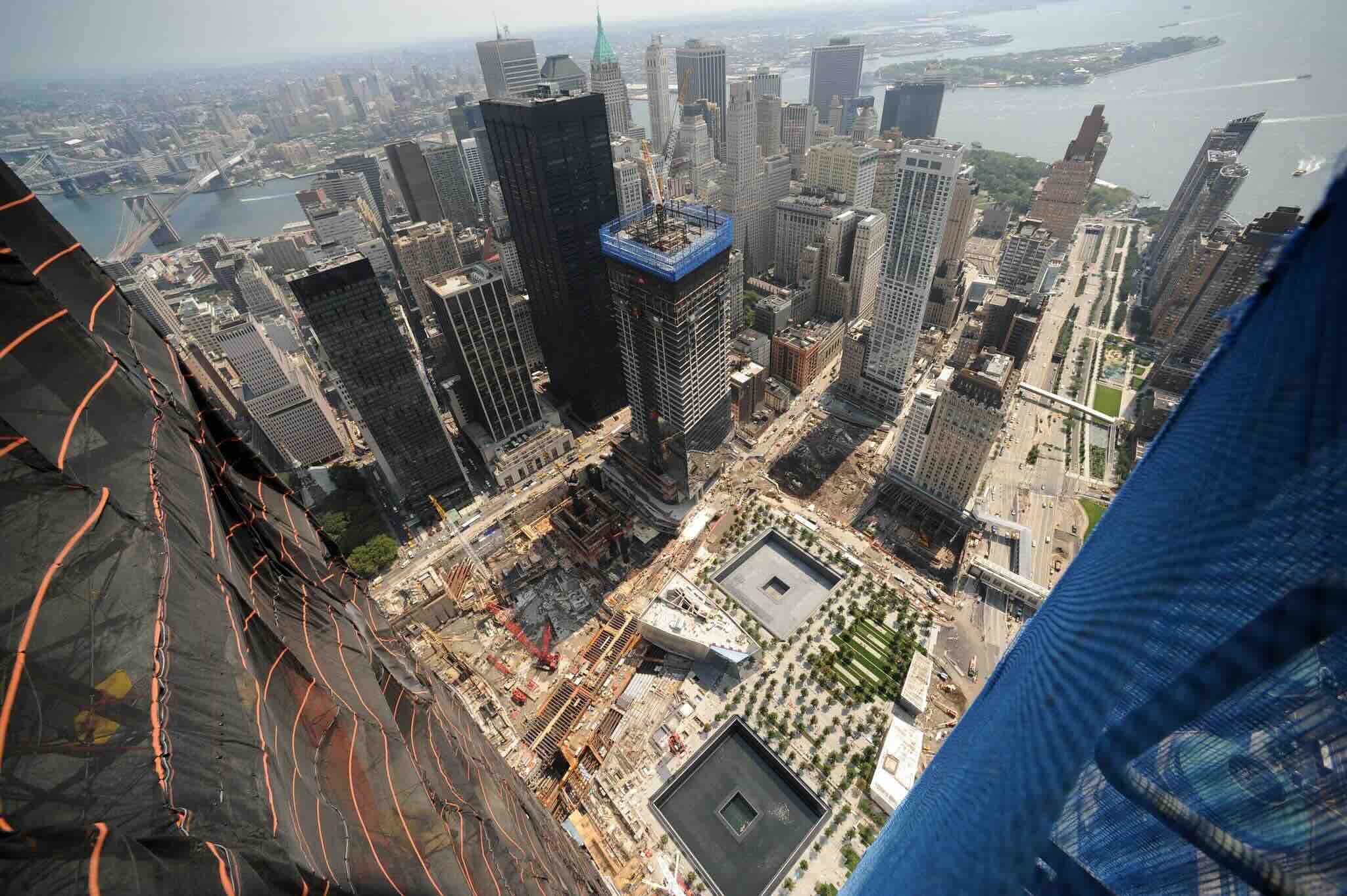
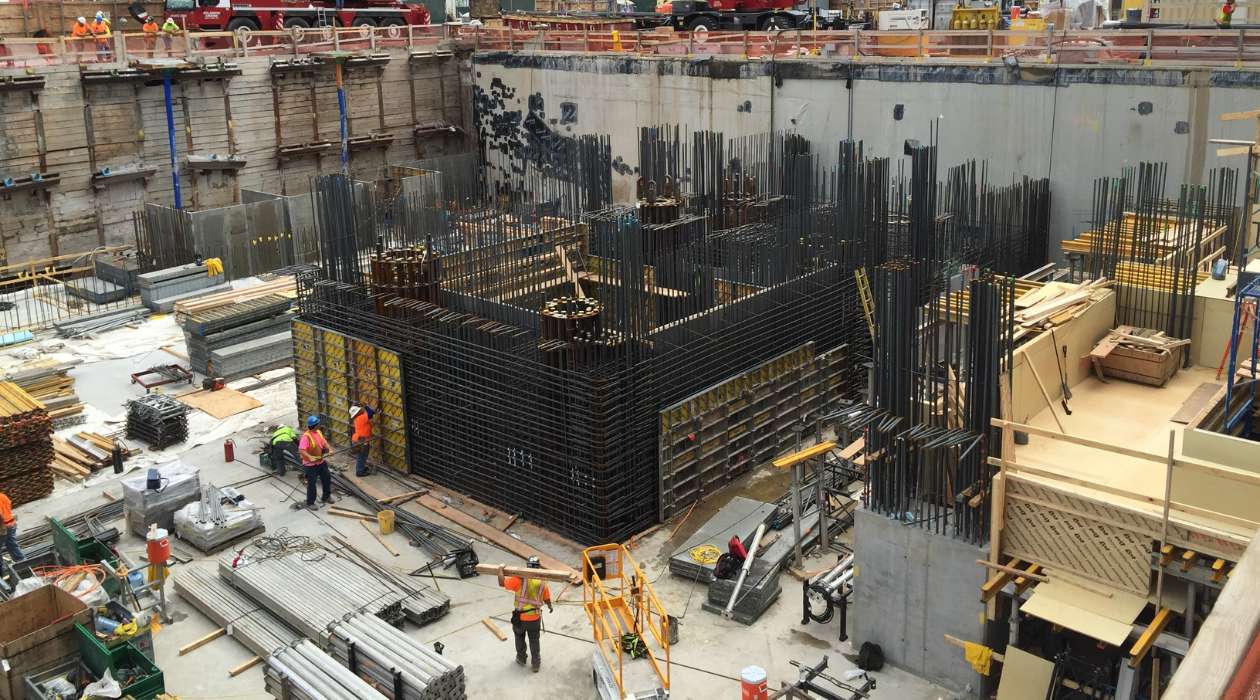
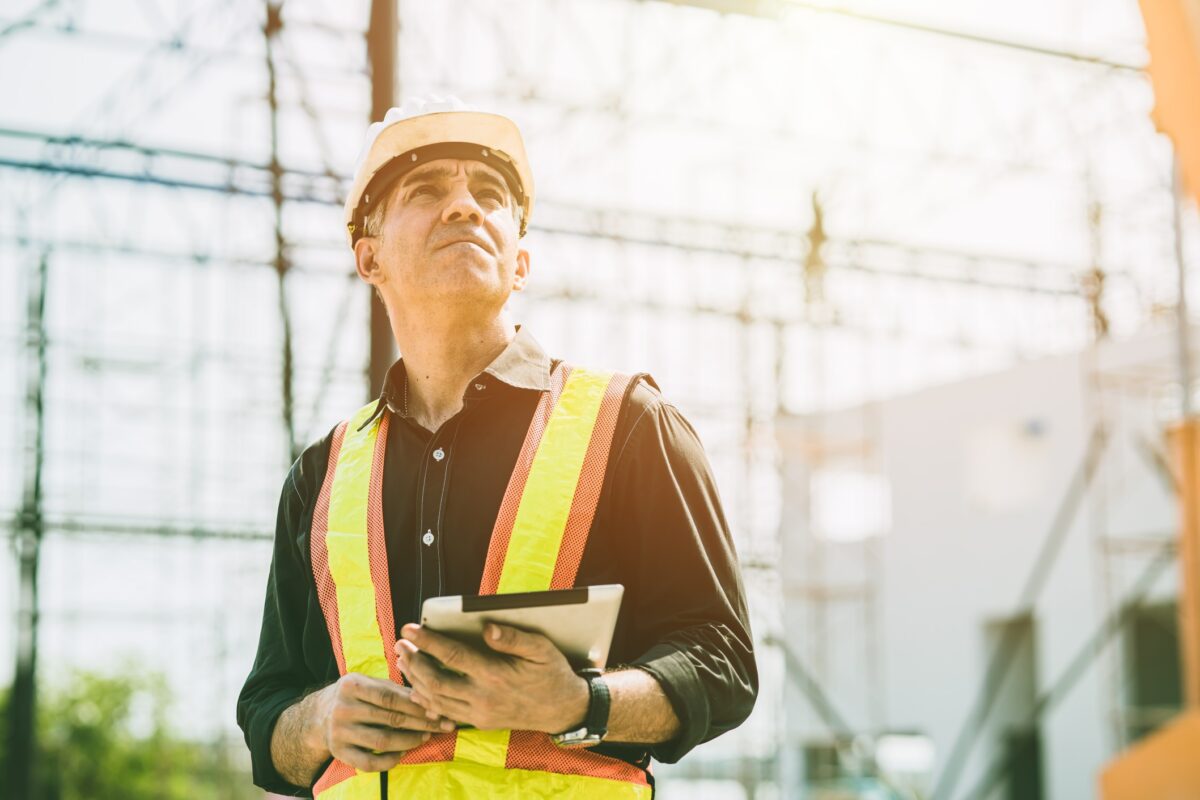
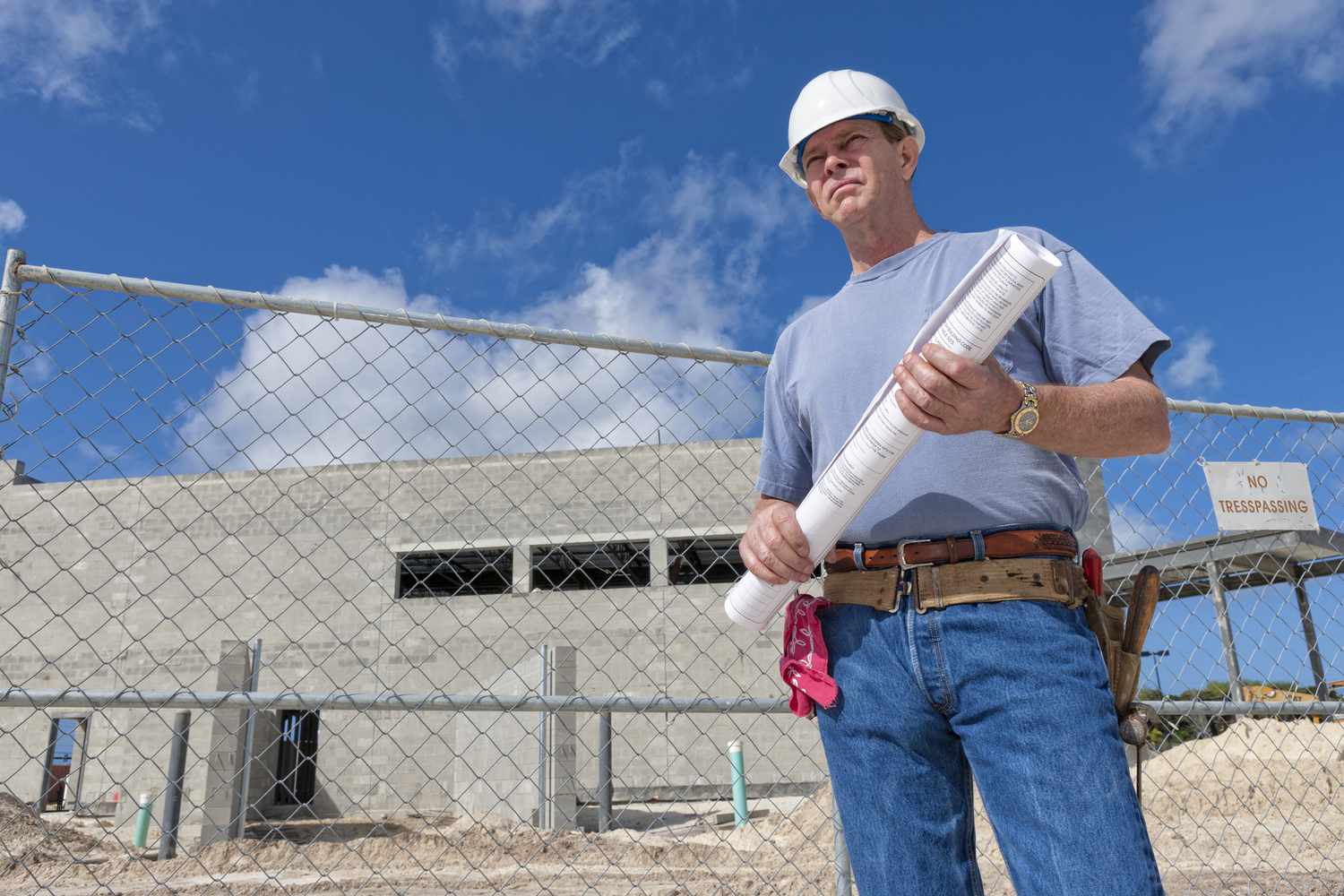
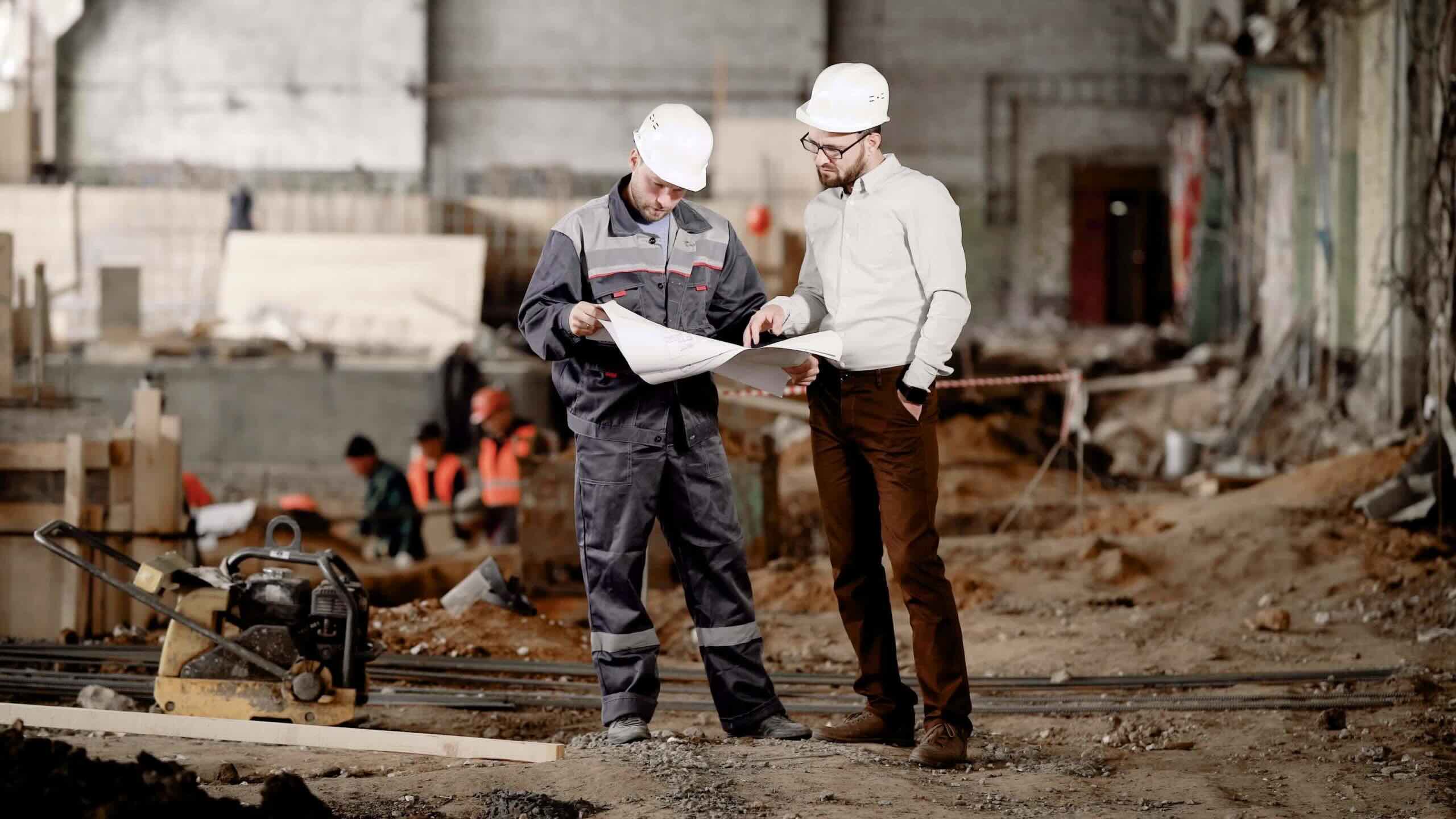
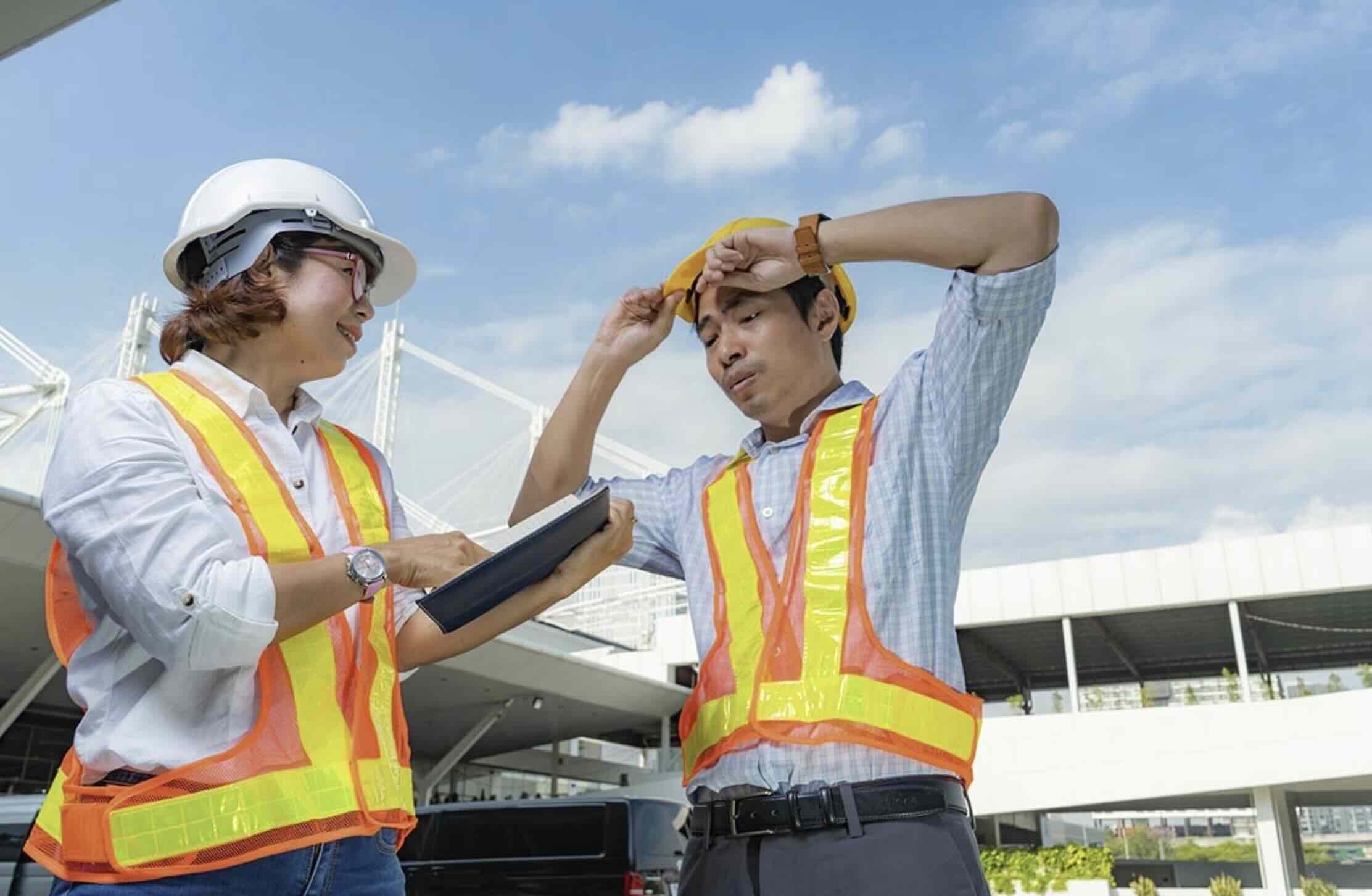
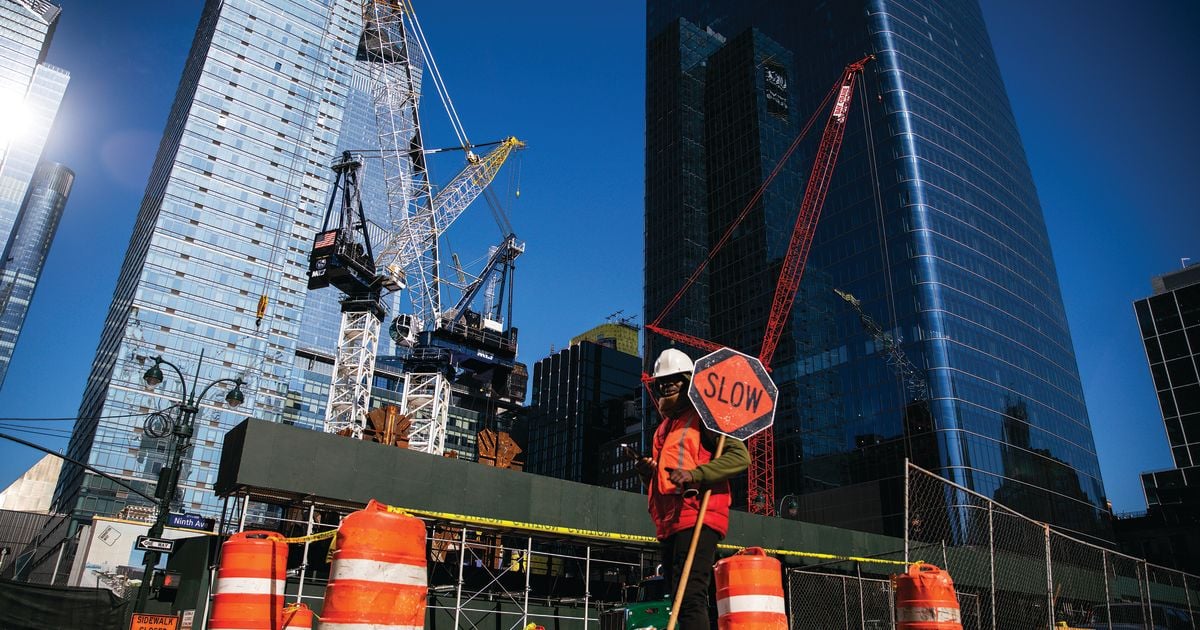

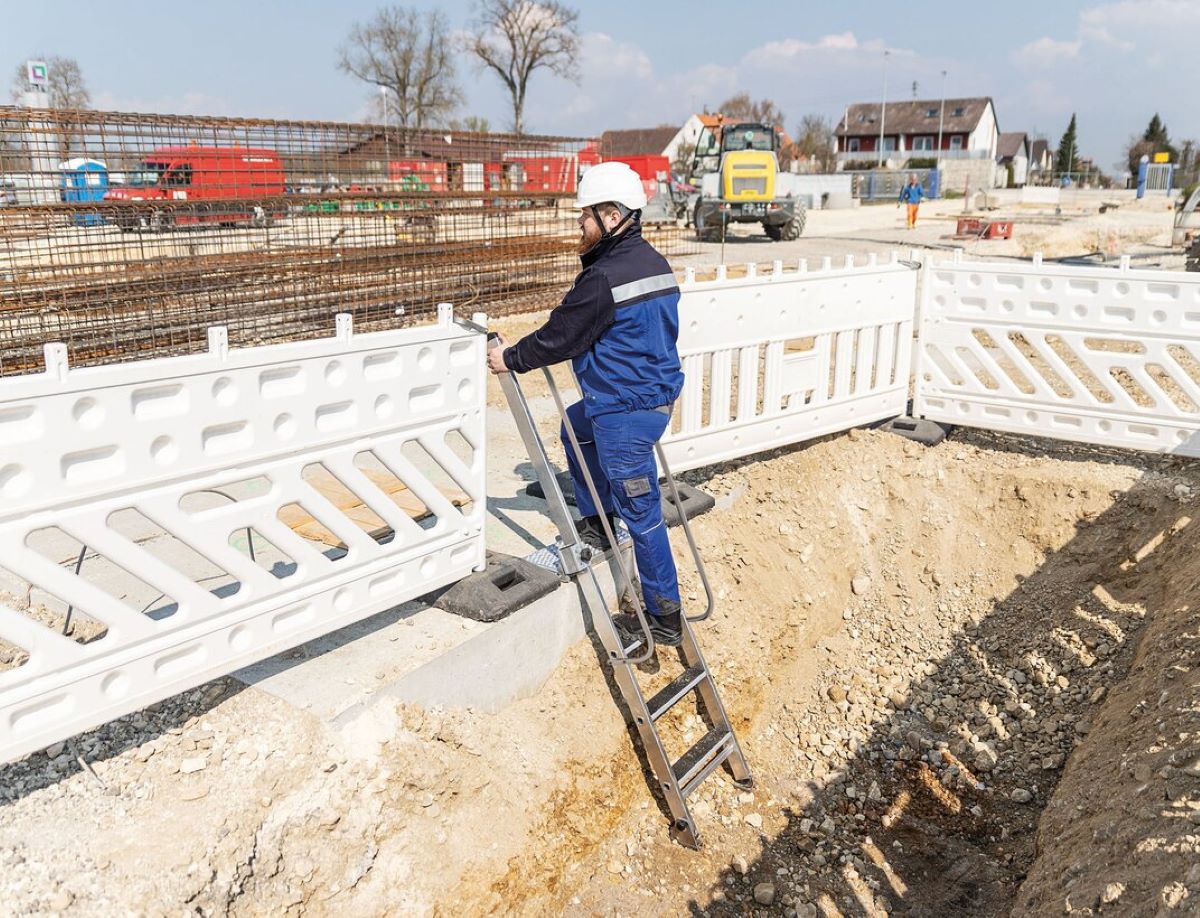
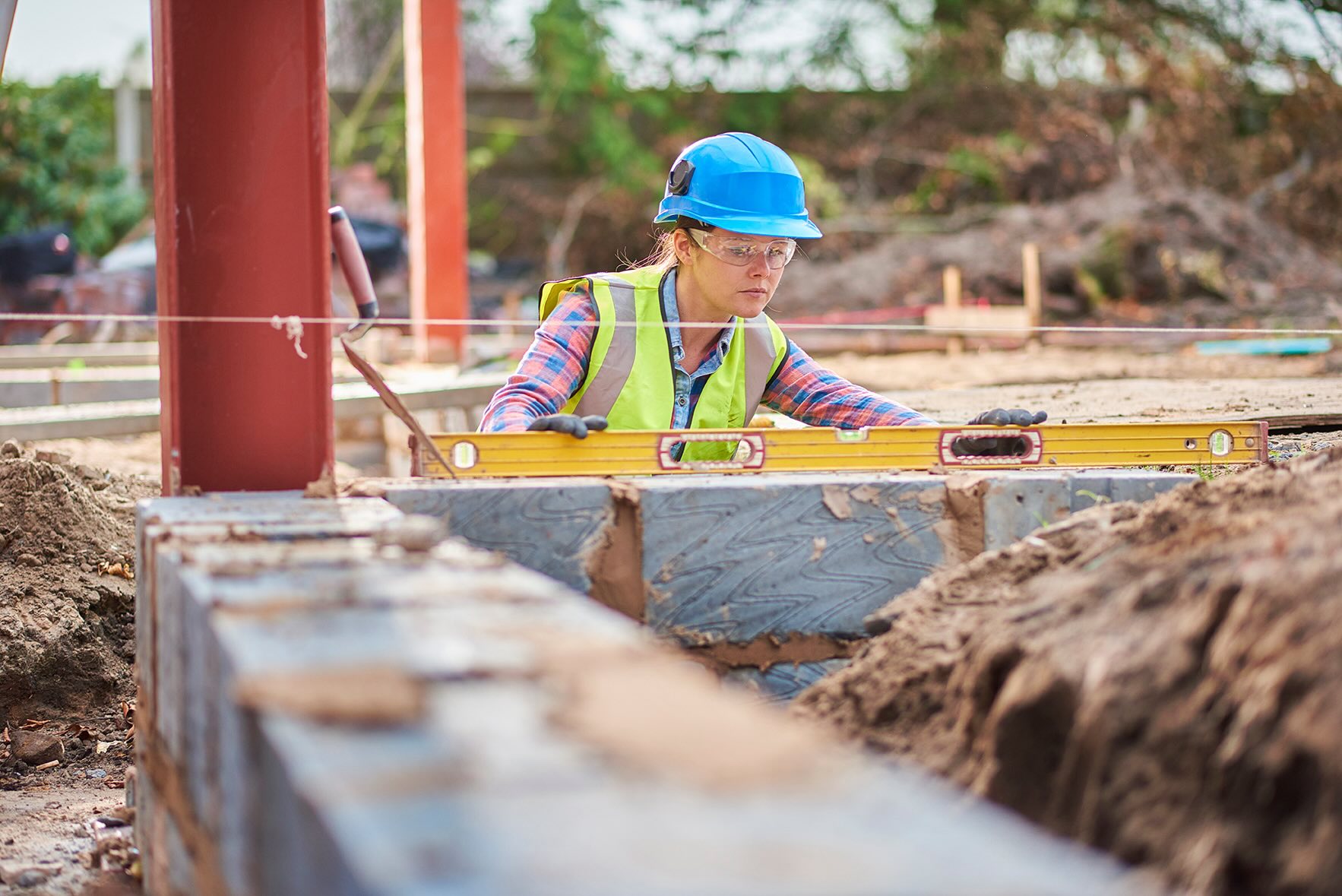
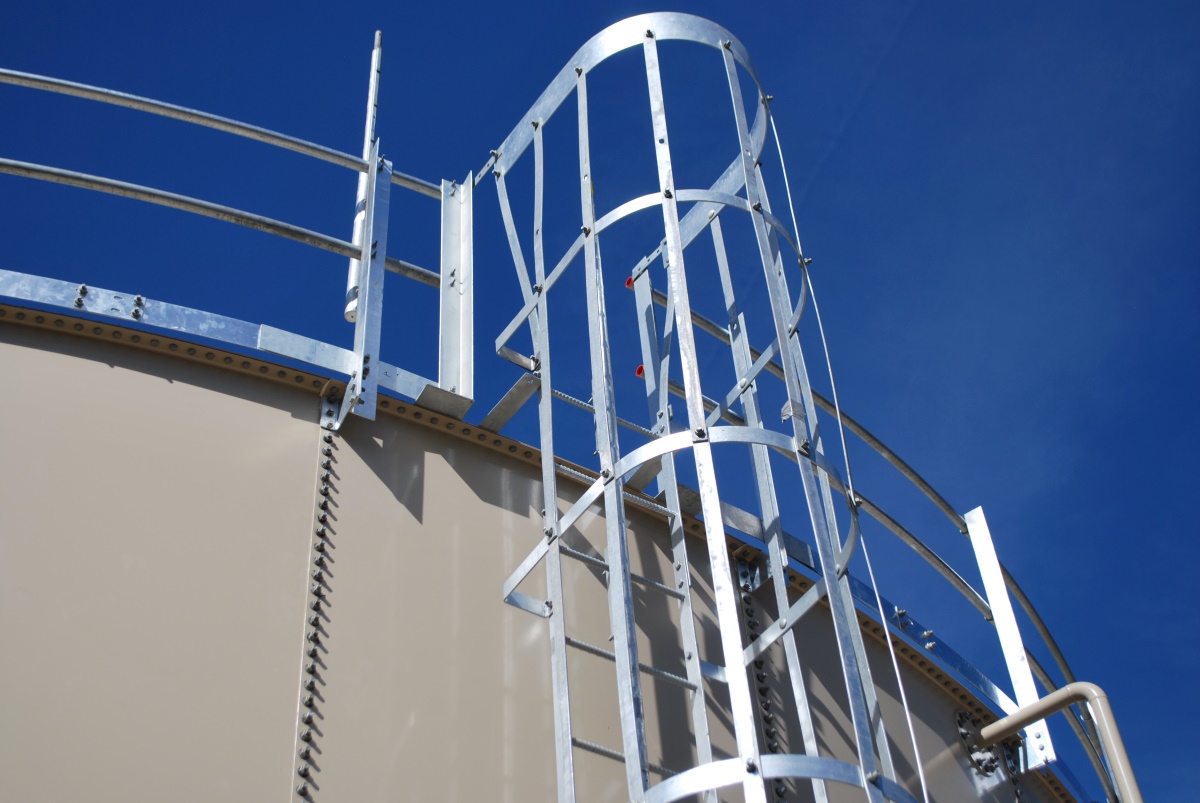
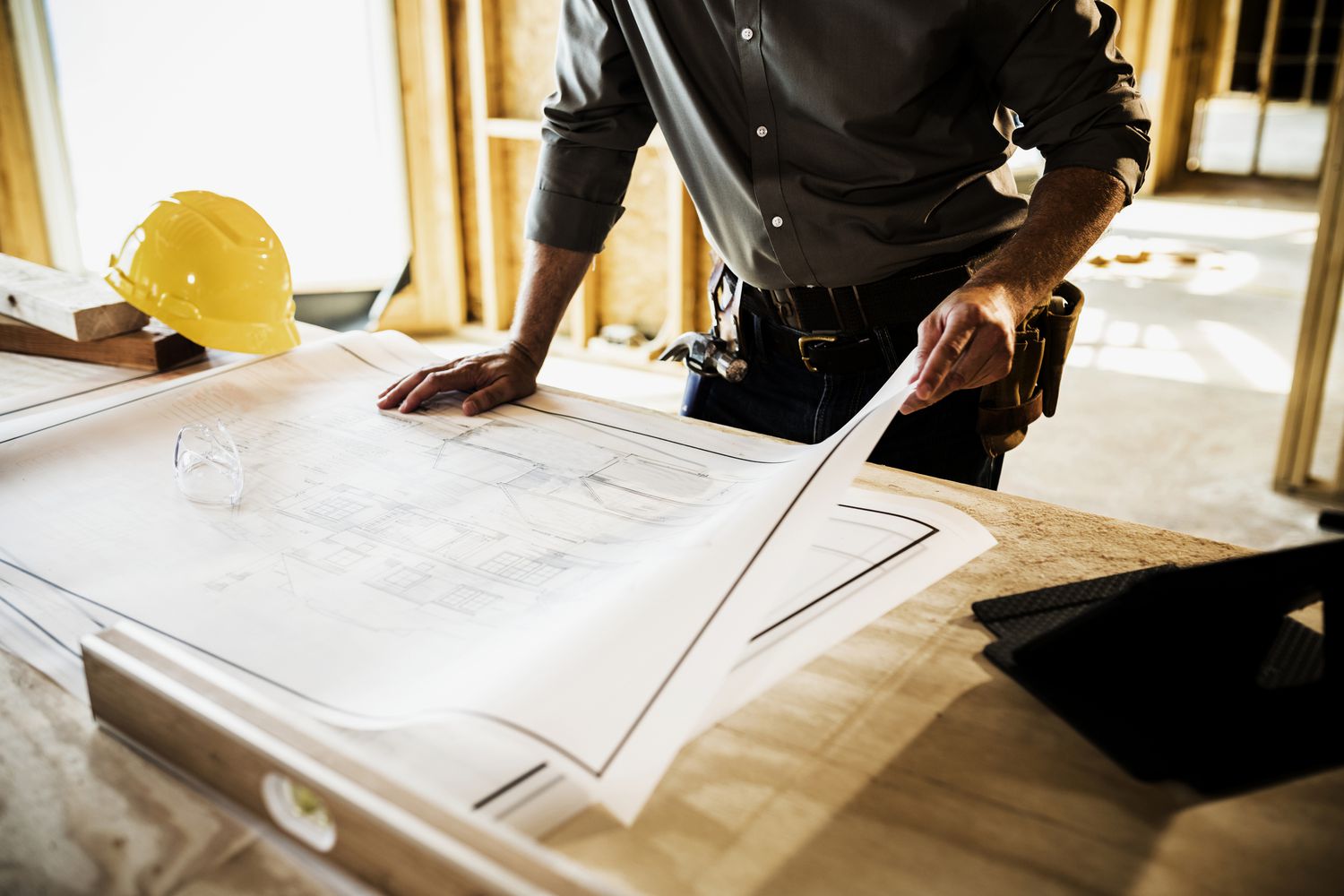

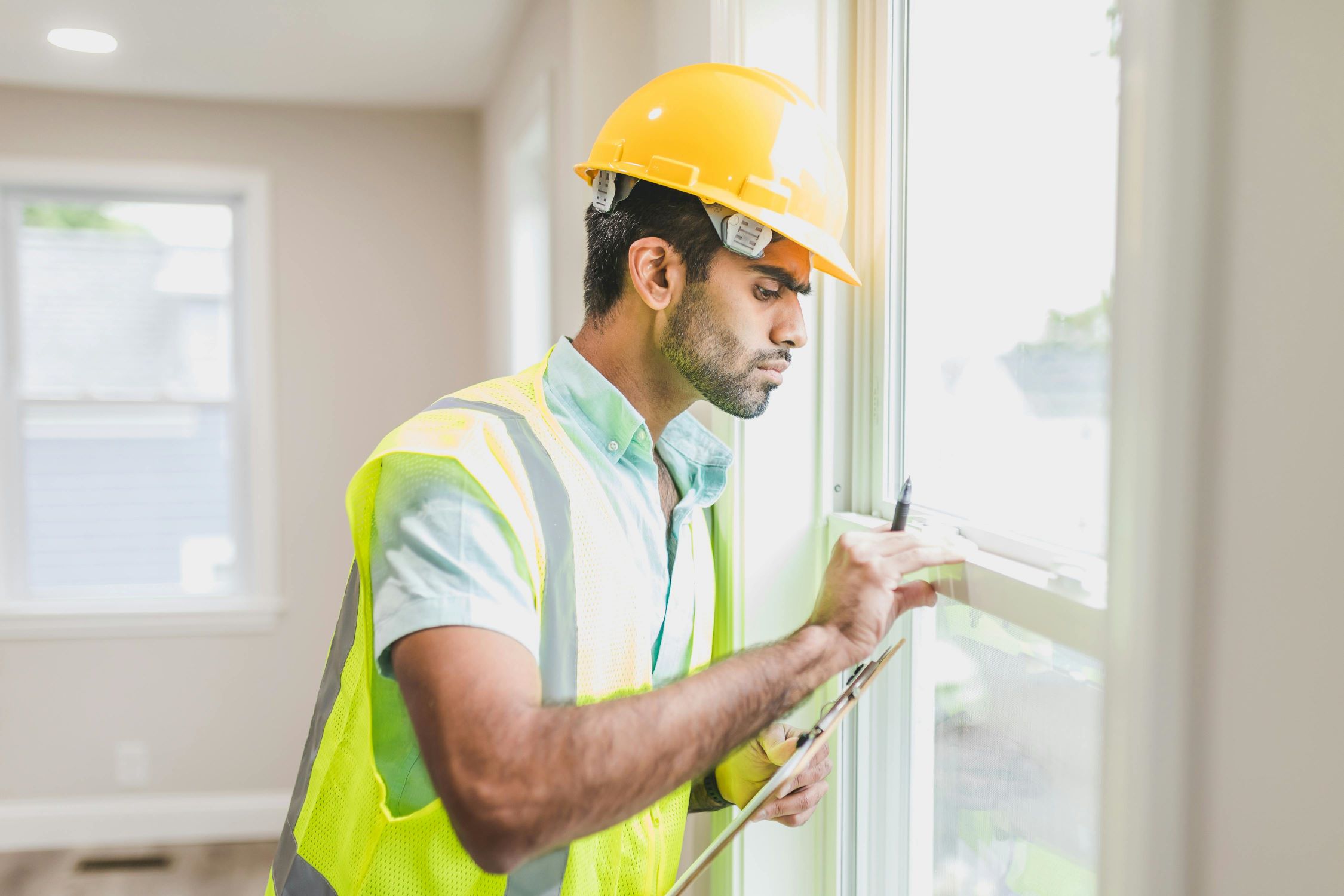

0 thoughts on “NYC DOB: When Is A Construction Superintendent Required”